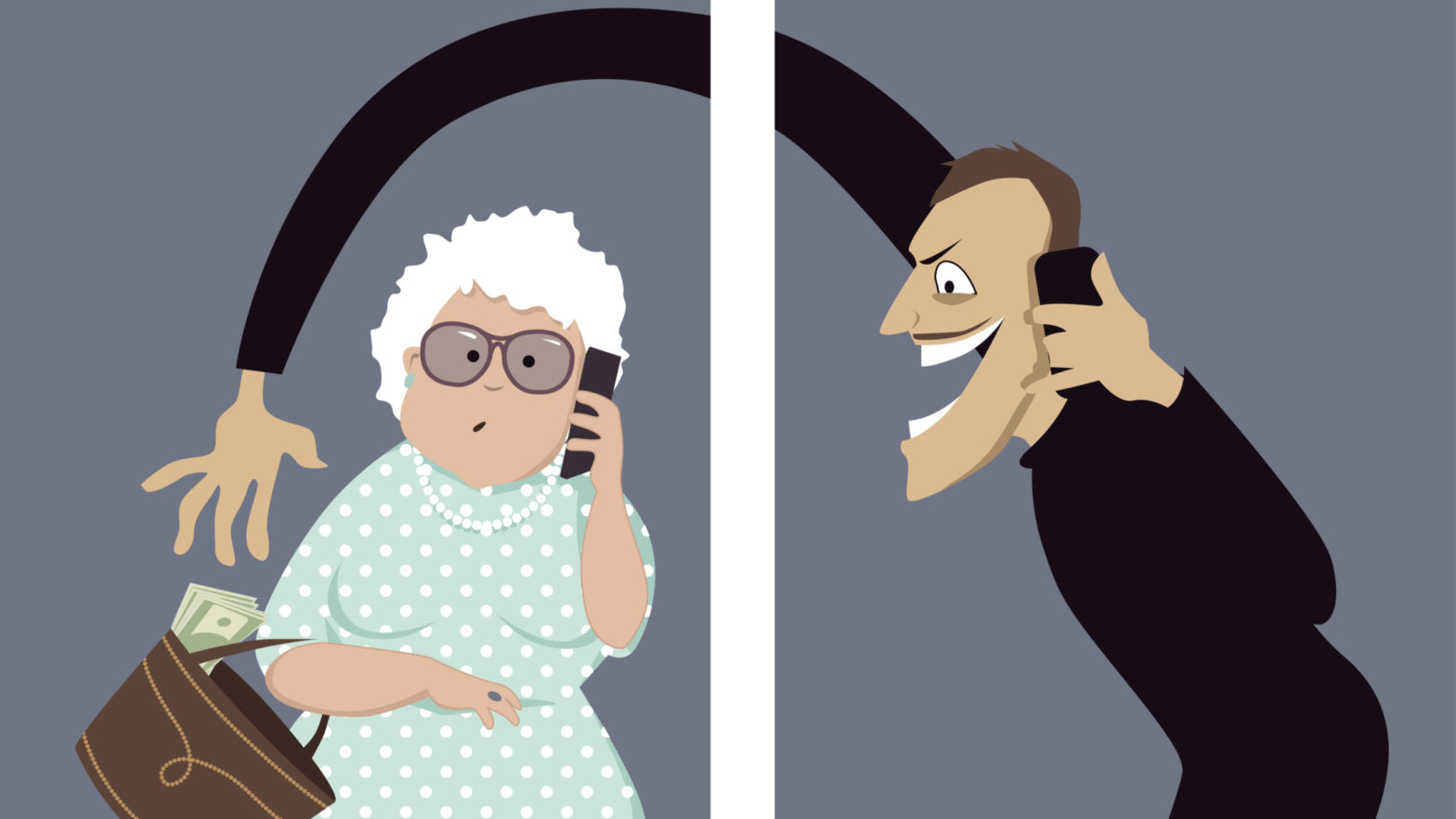DISCLAIMER: As the COVID-19 public health situation evolves, new regulations are being continually issued. This page/story/information may not include the most recent information.
By Lois Greisman and Michael Herndon – APR 07, 2020
Older adults may be hard hit by the coronavirus – and scammers prey on that. If you or someone you know must stay at home and needs help with errands, you’ll want to know about this latest scam.
Scammers are offering help with errands, and running off with your money
If you’re an older adult or a caregiver for one, you may need help picking up groceries, prescriptions, and other necessary supplies. If someone you don’t know offers to help, be wary. Some scammers offer to buy supplies but never return with the goods or your money. It’s usually safer to find a trusted friend or neighbor or arrange a delivery with a well-known company.
If you’re ordering supplies online, know who you’re buying from. Online sellers may claim to have in-demand products, like cleaning, household, and medical supplies when, in fact, they don’t. Use an established delivery service or order directly from the store. Many grocery stores and pharmacies are offering contactless delivery. If you need additional help for yourself or a loved one, the Eldercare Locator , a public service of the U.S. Administration on Aging, can connect you to services for older adults and their families. You can also call 1-800-677-1116.
Are you also helping to manage someone’s money?
If you’re helping with basics, you might also be managing money for someone and can’t be with them because of social distancing and quarantines. If so, here are some ideas.
- Check in by phone or video chat. Stay in touch to know how they’re handling things–and so they know you’re thinking about them.
- Ask questions. If your loved one mentions concerns about money or spotted unusual activity in their accounts, ask for details. Older adults and their family members can learn about common types of scams, as well as how to avoid and report them by checking out the Pass it On and Money Smart for Older Adults programs.
- Financial caregivers: learn more about your responsibilities. The CFPB’s Managing Someone Else’s Money guides can help you understand your role as a fiduciary. Each guide explains your responsibilities, and how to spot financial exploitation and avoid scams.
Help keep everyone safe from scams
Help spread the word and keep those you care about from falling for a scam, regardless of their age or health status. If you spot a scam, report it to the FTC at ftc.gov/complaint .
Michael Herndon, Consumer Financial Protection, Assistant Director, Office for Older Americans
Lois Greisman, Federal Trade Commission, Elder Justice Coordinator
